

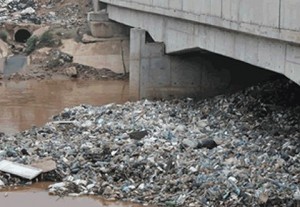 Mr Agambire Alhassan Inusah, the Monitoring and Evaluation Coordinator at the Upper West Regional Environmental Health Sanitation Department, says the department and its partners had made significant gains in reducing the rate of Open Defecation in the region.
Mr Agambire Alhassan Inusah, the Monitoring and Evaluation Coordinator at the Upper West Regional Environmental Health Sanitation Department, says the department and its partners had made significant gains in reducing the rate of Open Defecation in the region.
He said currently, 889 out of 1,167 communities in the region, representing 76 per cent, had attained Open Defecation Free (ODF) status.
He, however, said weak law enforcement, sanitation funding gap, and poor public cooperation were impeding their efforts in achieving a region-wide ODF status.
Mr Inusah said this in an interview with the Ghana News Agency (GNA) in Wa in relation to the poor state of sanitation in the region and the efforts of the government to improve the sanitation situation in the country.
He explained that widespread haphazard dumping of waste and lax enforcement of sanitation rules continued to undermine progress made in tackling the sanitation menace in the region.
“Staff morale is low because after all the work is done, those who flout sanitation rules go unpunished. That weakness in the law enforcement slows down progress”, Mr Agambire stated.
Most Assemblies lack gazetted bylaws, making it difficult to prosecute sanitation offenders”, he said.
He, however, indicated that only the Nadowli-Kaleo District Assembly currently enforced penalties for open defecation.
Mr Inusah also cited inadequate logistics and poor motivation for the staff of the Department as a setback to the sanitation campaign.
“About 95 per cent of field officers use their own motorbikes for field visits without support from the government, which is not sustainable”, he observed.
The M&E Coordinator added that behavioural change among the people was another setback, as community folks were unwilling to adopt safer health and sanitation habits despite sensitisation efforts.
He also observed that some communities were unwilling to invest in sustainable household latrines, which was a major challenge in the fight against OD.
He called for stronger government support, including the provision of public dustbins along the streets, recycling facilities, and liquid waste treatment plants as part of efforts to improve the sanitation situation in the region.
Mr Inusah emphasised the need to adequately resource the sanitation units at the regional and district levels to enable them function effectively, as well as the support of the District Chief Executives to achieve meaningful results.
He urged members of the public to take responsibility in managing their waste while the state agencies and development partners played their part, as issues of sanitation was a shared duty.
Mr Inusah also commended the government for decentralising sanitation management by empowering Metropolitan, Municipal and District Assemblies (MMDAs) to take responsibility in improving the sanitation situation within their jurisdictions.
He expressed hope that the Assemblies would take the right steps to invest in sanitation with the support of the central government.
The M&E Coordinator also appealed for continued support from Non-Governmental Organisations through results-oriented partnerships to improve the region’s sanitation situation.
Source: GNA
The post Weak law enforcement, sanitation funding gap impede sanitation gains appeared first on Ghana Business News.
Read Full Story







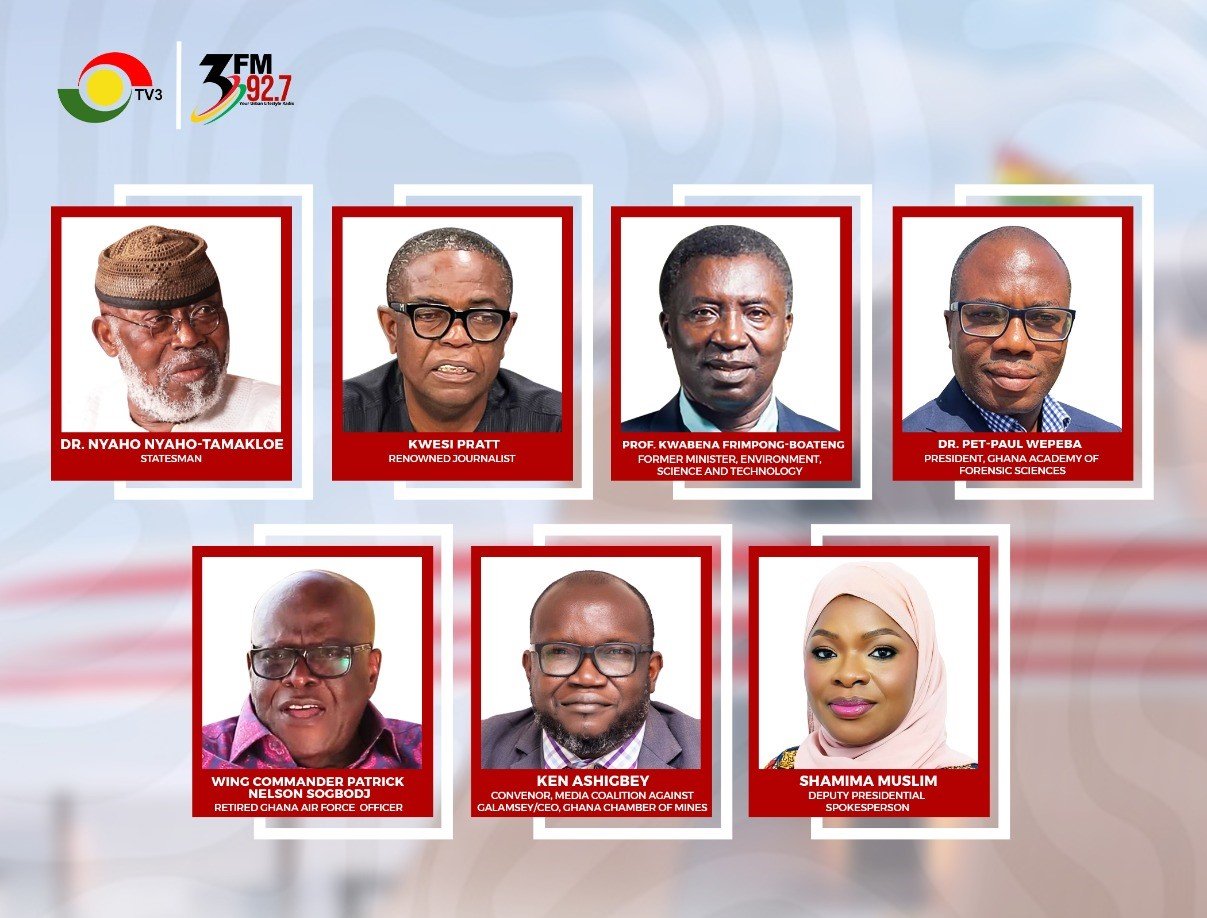

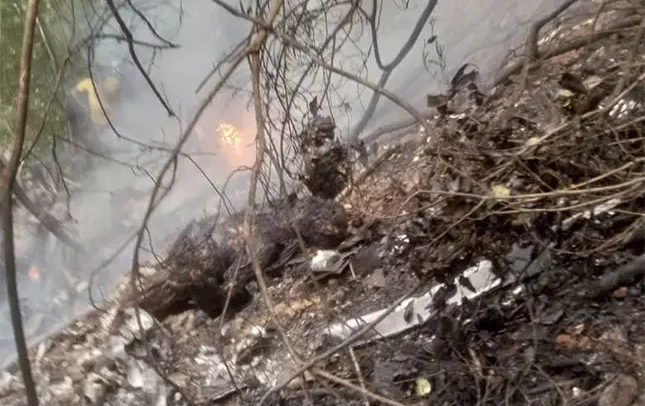
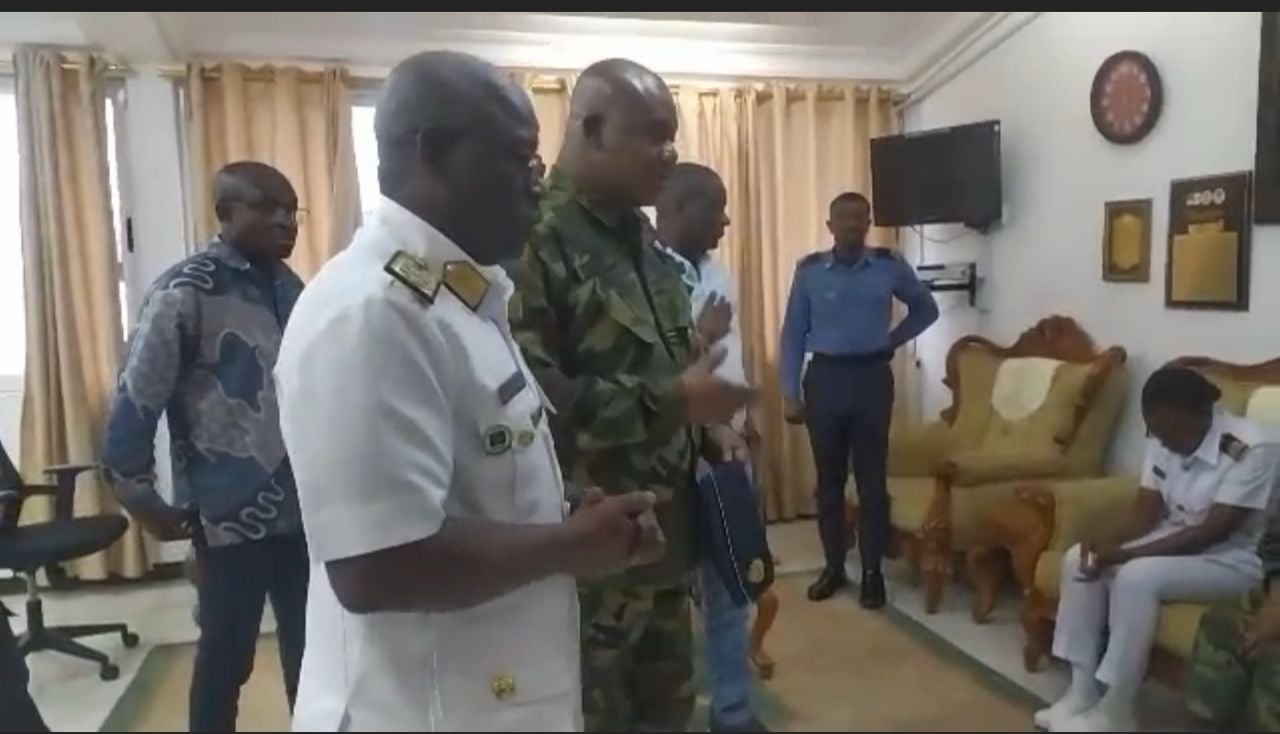
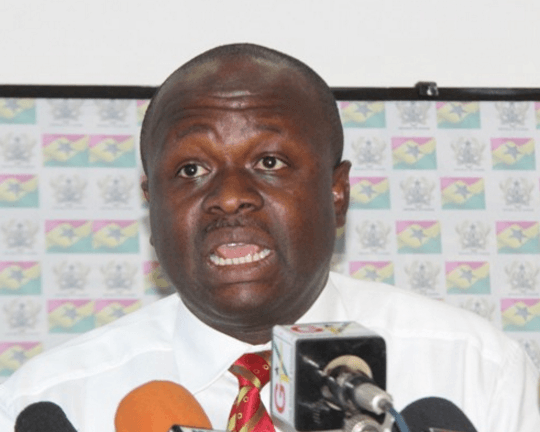

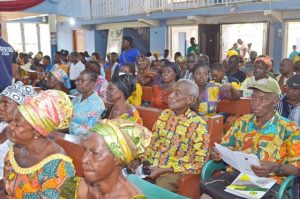
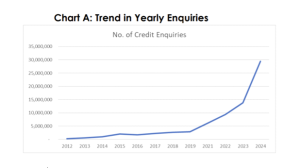



Facebook
Twitter
Pinterest
Instagram
Google+
YouTube
LinkedIn
RSS